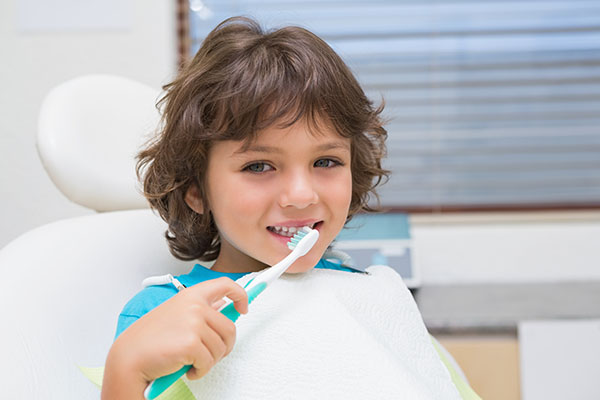 Your pediatric dentist can remove tartar from your child’s teeth. Tartar is stubborn and hard. Even so, many parents wonder if a child can strip off tartar through daily flossing and brushing. If you want to know if this is possible, here are some questions you should ask a pediatric dentist.
Your pediatric dentist can remove tartar from your child’s teeth. Tartar is stubborn and hard. Even so, many parents wonder if a child can strip off tartar through daily flossing and brushing. If you want to know if this is possible, here are some questions you should ask a pediatric dentist.
Is tartar as bad as it looks?
Calculus is another word for tartar. It is a thick collection of minerals and hardened plaque. Tartar can coat the outer surface of teeth and cover the region below the gumline. It feels like a rough blanket. Calculus is porous. Food and beverages can stain it.
Tartar deposits are brown or yellow. It starts as plaque. This buildup gets in between and behind teeth. Tartar buildup can cause bad breath and gum disease. It destroys enamel, so it can lead to tooth decay and tooth loss.
Can daily oral care remove tartar?
Anyone wants an easy solution to dental issues. Children would love it if plaque and tartar could go away after frequent brushing and flossing. Plaque always appears on teeth after every meal. It becomes tartar when it hardens.
Can parents and children remove tartar through personal oral care?
Many people ask this question. Most of them seek do-it-yourself tartar solutions. Some home remedies are sesame seeds, strawberries, and even vinegar. There are also available tartar removal products from local pharmacies. Even if parents use these remedies on their children, the tartar might not go away.
The most effective way to remove tartar is to bring the child to the pediatric dentist and have a dental checkup. A comprehensive dental cleaning always happens during a dental visit. After a thorough dental check, the pediatric dentist will get a scaler and scrape off the tartar buildup. A pediatric dentist will do a more extensive job than any parent. This is the most optimal way to remove tartar.
What are the signs of tartar accumulation?
Tartar buildup happens slowly. At first, there is nothing. A coating of plaque is often invisible to the untrained eye. Over time, the child will feel a rough substance behind the teeth. This cannot go away with flossing or brushing anymore. As tartar appears below the gumline, gum swelling and bleeding will start.
What are effective ways to prevent tartar buildup?
Prevention is the most effective way to deal with dental problems. Removing tartar is only possible with the help of a pediatric dentist. Preventing tartar buildup is the biggest way to contribute to a child’s dental health. Stripping off plaque is possible through brushing for three minutes, three times a day. Flossing and using interdental brushes can reach the spaces in between teeth. After brushing and flossing, rinsing the mouth with a fluoride mouthwash can remove the remaining plaque.
You need a pediatric dentist to remove tartar from your child’s teeth
You may not be able to remove tartar at home, but you can prevent it from building up. This is possible by removing plaque right away after each meal or snack. Brushing and flossing every day can make this happen. An appointment with your pediatric dentist can remove the tartar buildup from your child’s teeth.
Request an appointment or call Bergen County Pediatric Dentistry at 201-312-6937 for an appointment in our Allendale office.
Related Posts
When your child has a dental emergency, a visit to a pediatric dentistry office is likely necessary. Most pediatric offices are well equipped to handle serious dental injuries. In fact, taking your child to see their regular dentist can be very beneficial. Your child can feel more at ease than they would in a new…
Though rewarding, parenting is often difficult. One of the most difficult aspects of parenting that you will encounter early in your child’s life is teething. Fortunately, a pediatric dentistry professional can help you understand what to expect and, more importantly, give you advice on how to ease your child’s pain during this challenging time in…
Pediatric dentistry focuses on diagnosing, preventing, and treating oral health concerns in children who still have their baby teeth. This review closely examines what parents and the pediatric dentistry team can do to protect baby teeth from cavities, dental trauma, and other forms of damage.Caring for baby teeth should involve brushing and flossing regularly, limiting…
